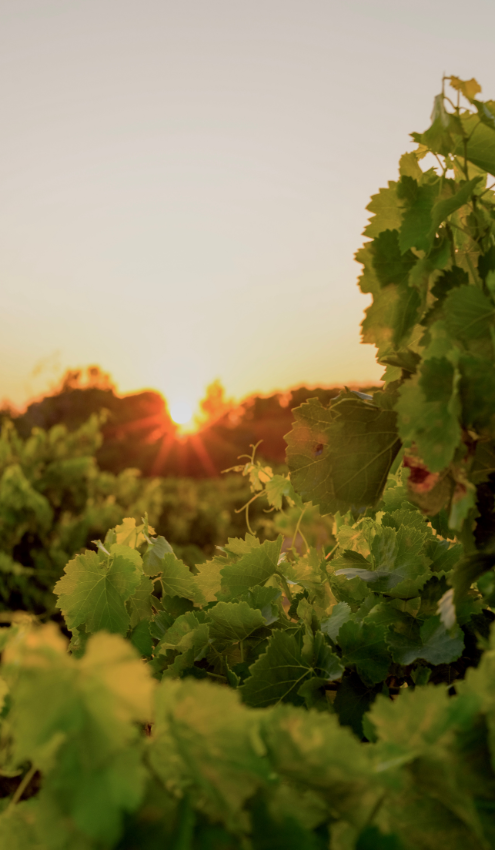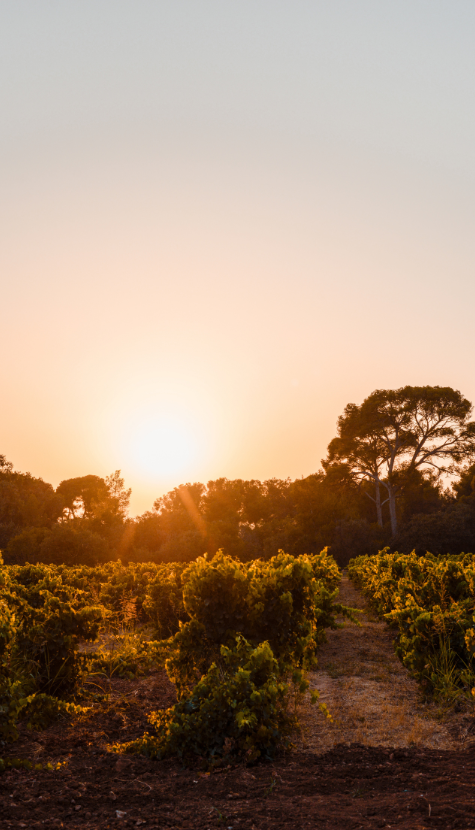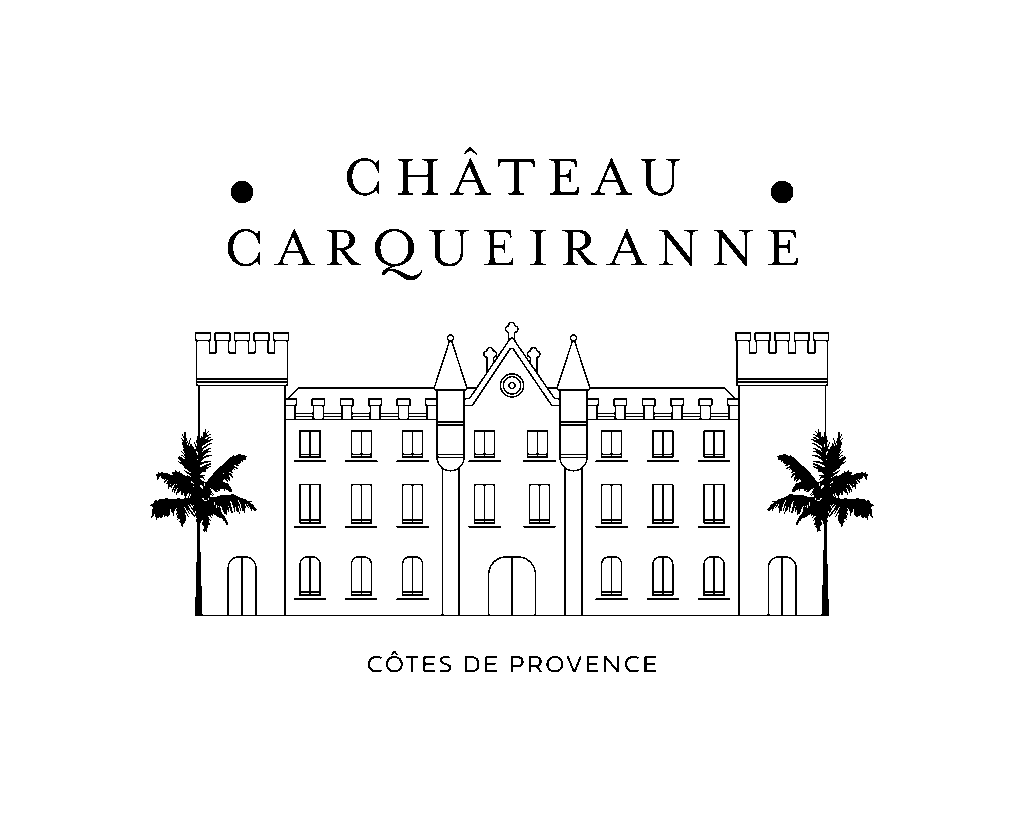Provence, the historic cradle of French viticulture, has nurtured a winemaking tradition for over 2,600 years. With a thousand-year-old heritage and know-how passed down through generations, its wines embody the story of a truly unique terroir.

The heritage of Provençal winemaking know-how
The Phocaeans introduced the first vines to France 2,600 years ago. Later, the Romans refined viticultural techniques and spread them across their empire — a legacy still visible today in the ancient remains of the port of Olbia.
Provençal wine is a centuries-old heritage, a tradition that gradually gave rise to renowned appellations such as the Côtes de Provence AOP. This expertise is rooted in a unique terroir and upheld by strict quality standards.
Provence, with its rich geological diversity, is divided into two main zones: to the north, limestone soils shaped by erosion, and along the coast, crystalline soils facing the sea. These natural features have a direct impact on the quality and character of the wines produced in the region.
The ideal conditions of our terroir in Carqueiranne
Château Carqueiranne benefits from ideal climatic conditions for viticulture: abundant sunshine, moderate temperatures, and the Mistral wind, which helps limit pests and disease. This natural environment supports an eco-friendly, agro-ecological approach, recognised with High Environmental Value (HVE) certification.
In addition, sea breezes provide gentle irrigation and a subtle salinity that enhance the character of the grape varieties grown across the estate’s 18 hectares.


A sustainable, plot-based approach in Provence
Château Carqueiranne embraces a sustainable, parcel-based approach to viticulture, cultivating a harmonious blend of Grenache, Cinsault, Mourvèdre, Rolle, Clairette, Ugni Blanc, Viognier, Merlot, Syrah, Cabernet Sauvignon, and Cabernet Franc.
Beyond the vines, the estate also practices sustainable mixed farming, growing orange, olive, fig, lavender, and peony trees. This regenerative approach to land stewardship is carried out by a dedicated farm team of four full-time staff.
